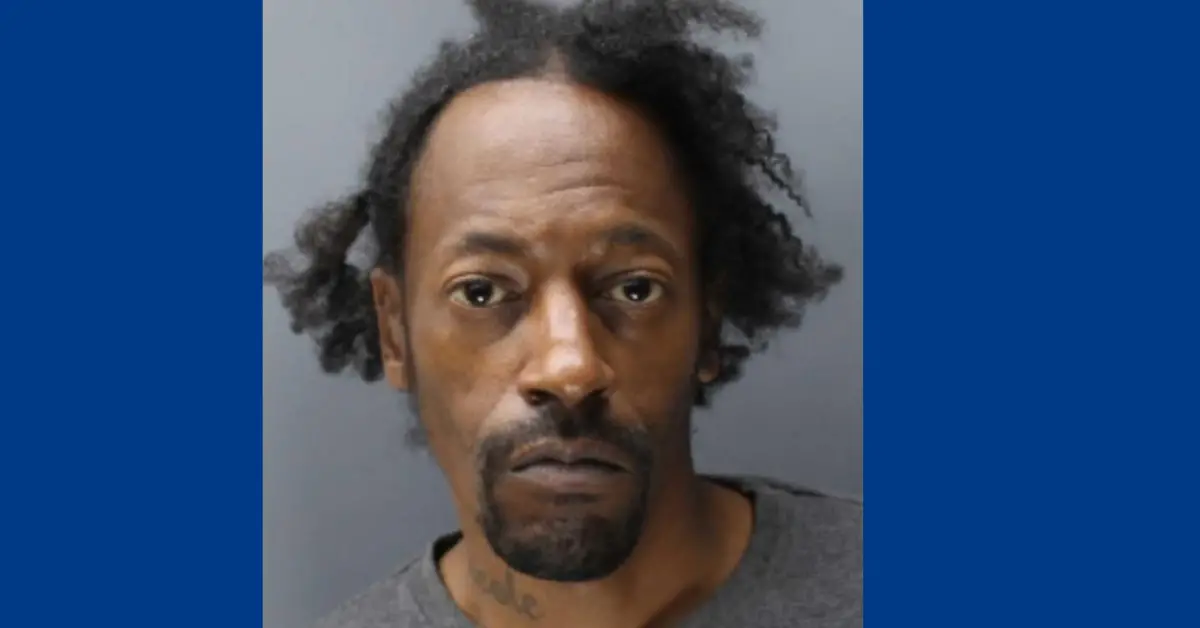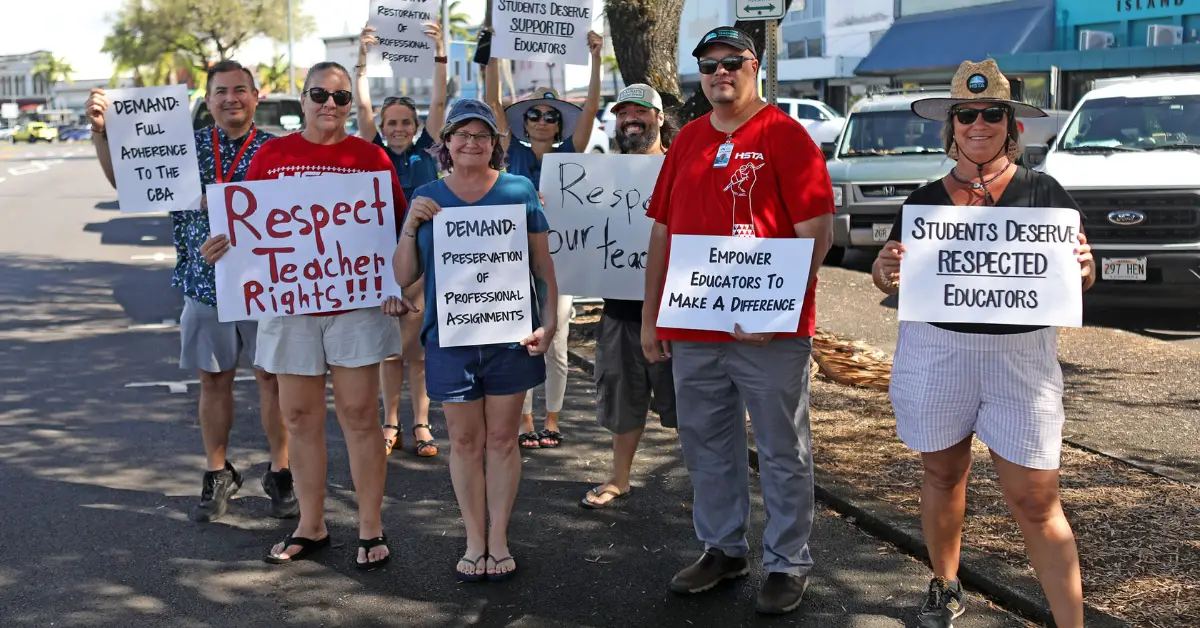A Middletown fentanyl dealer has pleaded guilty to charges related to the distribution of fentanyl, marking his 35th criminal conviction, according to the district attorney. The defendant, whose name is being withheld for legal reasons, has a long history of criminal activity spanning several decades. This conviction highlights the ongoing challenges that local law enforcement face in tackling the opioid crisis, which has taken a heavy toll on many communities across the nation.
The case has sparked discussions about the growing opioid epidemic, especially fentanyl, which is increasingly being found in the illegal drug market. Fentanyl, a synthetic opioid that is up to 100 times more potent than morphine, has become a significant driver of overdose deaths across the United States. It is often mixed with other drugs like heroin or cocaine, sometimes without the user’s knowledge, making it even more dangerous.
In this particular case, the defendant was caught selling fentanyl to an undercover officer. Law enforcement had been investigating the individual for several months as part of an ongoing effort to disrupt the flow of illegal drugs in the region. The district attorney’s office stated that the conviction is an important step in the fight against the opioid epidemic, but acknowledged that much work remains to be done.
Authorities have been stepping up efforts to combat the spread of fentanyl in recent years, as the drug continues to be a leading cause of death in many states. In Middletown, local police and the district attorney’s office have been working together to identify and dismantle drug trafficking operations.
This includes using undercover operations, intelligence-sharing, and collaboration with federal agencies like the Drug Enforcement Administration (DEA). The goal is to remove dangerous substances from the streets and hold individuals accountable for their roles in the drug trade.
The defendant’s criminal record further underscores the severity of the problem. Having been convicted of various offenses over the years, his latest conviction is not an isolated incident. Law enforcement officials have said that repeat offenders like this individual often serve as a reminder of the long-term challenges of addressing drug addiction and trafficking.
Despite facing multiple convictions, many individuals continue to engage in illegal drug distribution, driven by a range of factors including addiction, financial gain, and the perceived lack of consequences.
The DA’s office has emphasized that while convictions like this one are a positive step, they are not enough to solve the broader issues of addiction and the illegal drug trade. The fight against fentanyl requires a multi-faceted approach that includes prevention, treatment, and law enforcement efforts. Local communities are encouraged to work together to create a supportive environment for those struggling with addiction, while also holding criminals accountable for their actions.
This conviction also highlights the importance of community involvement in addressing the opioid epidemic. Local residents are encouraged to report suspicious activity and work with law enforcement to identify drug dealers and traffickers.
By collaborating with law enforcement, communities can play a vital role in reducing the presence of fentanyl and other dangerous drugs in their neighborhoods. Education and awareness campaigns are also essential to inform the public about the dangers of fentanyl and the steps they can take to protect themselves and their loved ones.
Fentanyl’s rise in the illegal drug market has been a significant factor in the increase in overdose deaths. In recent years, the United States has seen a surge in opioid-related fatalities, with fentanyl accounting for a large portion of these deaths.
According to the Centers for Disease Control and Prevention (CDC), fentanyl is involved in more than half of all opioid-related overdose deaths. In many cases, individuals who unknowingly consume fentanyl-laced drugs are at a higher risk of overdose, as they are unaware of the drug’s potency.
As the opioid epidemic continues to evolve, authorities are looking for new ways to address the crisis. While law enforcement is a critical part of the solution, public health efforts are equally important. Harm reduction strategies, such as distributing naloxone (a medication that can reverse opioid overdoses), have been shown to save lives. Additionally, expanding access to addiction treatment and mental health services is crucial for addressing the root causes of addiction.
In Middletown, the conviction of this fentanyl dealer serves as a reminder of the devastating impact of the opioid crisis on individuals, families, and communities. While it is a significant legal victory, it also highlights the need for continued efforts to reduce the flow of fentanyl and other dangerous drugs into communities. The district attorney’s office has vowed to continue its efforts to combat the opioid epidemic and hold those responsible for distributing these deadly substances accountable.
As the opioid crisis continues to affect communities across the country, it is clear that combating the distribution of fentanyl requires a comprehensive approach that includes prevention, treatment, and enforcement. Local communities, law enforcement agencies, and public health organizations must work together to address the underlying issues of addiction and drug trafficking, while also providing support for individuals who are struggling with substance abuse.
The guilty plea of this Middletown fentanyl dealer may mark the end of his criminal activities, but it is only one small step in the ongoing battle against the opioid epidemic. The larger fight will require sustained efforts from all levels of society, including law enforcement, public health organizations, and the communities most affected by the crisis. Only through collective action can we hope to reduce the devastating impact of fentanyl and other opioids on individuals and families.




